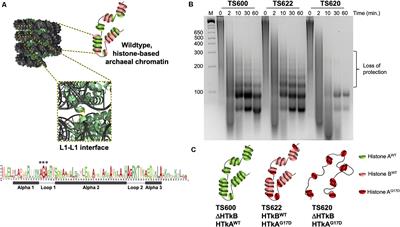EDITORIAL
Published on 04 Apr 2023
Editorial: New insights into the genetic mechanisms of thermophilic archaea
doi 10.3389/fmicb.2023.1185784
- 1,099 views
4,999
Total downloads
20k
Total views and downloads
You will be redirected to our submission process.
EDITORIAL
Published on 04 Apr 2023
ORIGINAL RESEARCH
Published on 03 Mar 2022
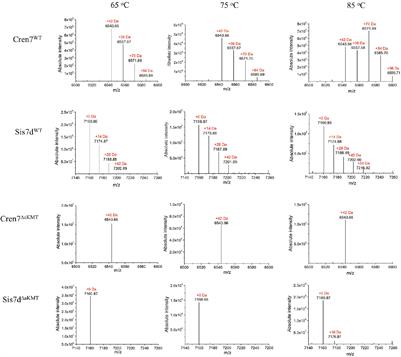
ORIGINAL RESEARCH
Published on 20 Dec 2021
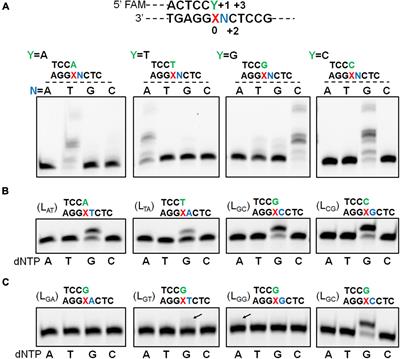
MINI REVIEW
Published on 31 Aug 2021
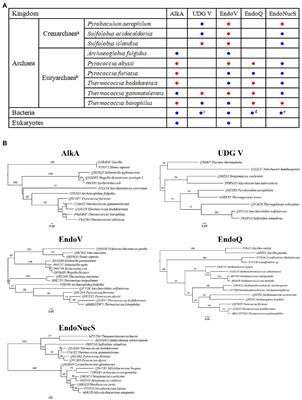
ORIGINAL RESEARCH
Published on 18 Aug 2021
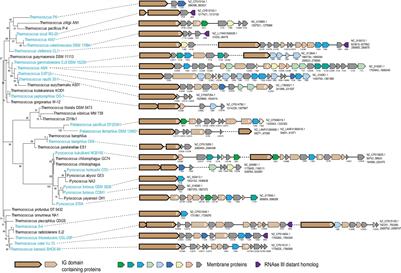
ORIGINAL RESEARCH
Published on 20 May 2021
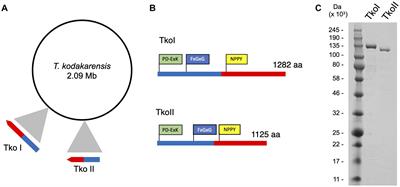
ORIGINAL RESEARCH
Published on 13 May 2021
